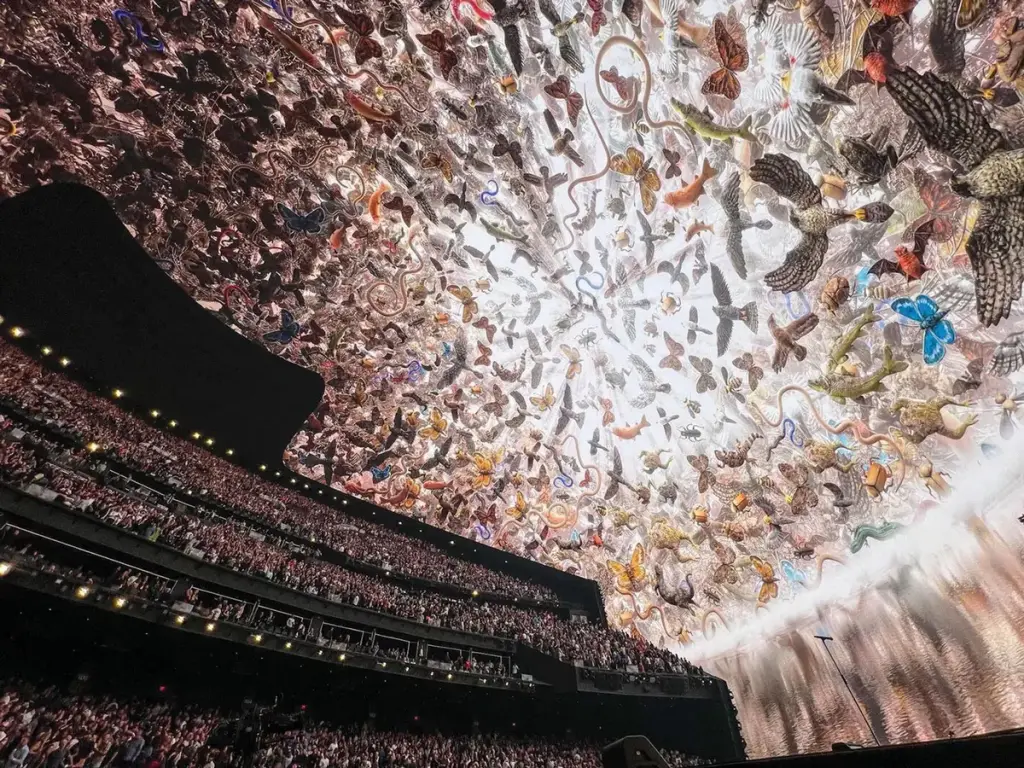A New Canvas for Creativity
Immersive venues, such as Outernet in London and Atelier des Lumières in Paris, have emerged as popular destinations for art enthusiasts. These spaces utilize cutting-edge technology to create captivating environments where art and audience interaction converge. With wraparound screens and advanced sound systems, artists can present their work in ways that transcend traditional gallery formats, allowing for a more engaging and interactive experience.
Broader Audience Reach
The accessibility of immersive art experiences has drawn diverse audiences, including younger generations who are increasingly seeking out interactive and visually stimulating environments. Events like the Van Gogh Immersive Experience and exhibitions featuring artists like Yayoi Kusama have become social media sensations, further amplifying their reach. This trend is reshaping how art is consumed and appreciated, moving away from passive observation to active participation.
Technological Advancements
Advancements in technology play a crucial role in this transformation. Artists are now able to leverage tools such as virtual reality (VR), augmented reality (AR), and artificial intelligence (AI) to enhance their installations. For instance, artists like Refik Anadol have gained recognition for using AI to create mesmerizing visual experiences that captivate audiences at major events like Art Basel and the Grammys.
A Shift in the Art Market
The emergence of immersive venues poses both challenges and opportunities for traditional galleries and museums. While some critics argue that these spaces prioritize spectacle over substance, many see them as essential platforms for new media artists to gain visibility. This shift is prompting established institutions to rethink their approaches to exhibitions and audience engagement.
As immersive venues continue to proliferate globally, they are redefining the parameters of artistic expression and audience interaction. By providing digital artists with expansive platforms to showcase their work, these venues are not only enhancing the experience of digital art but also fostering a new appreciation for its potential within the contemporary art scene. The future of art is increasingly immersive, interactive, and technologically driven, promising exciting developments ahead.









